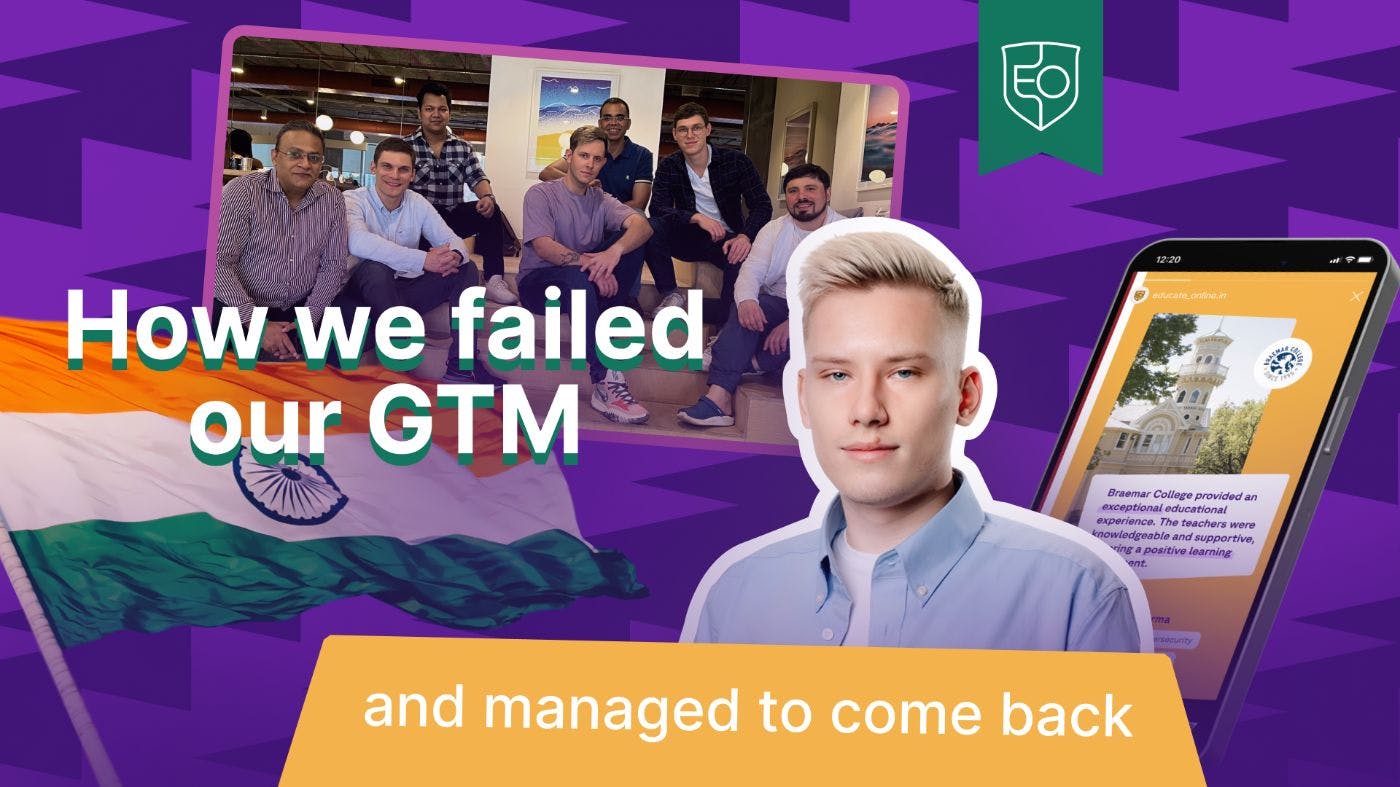Audio Presented by

Growth mktg expert w/ 10+ yrs exp. Led teams to grow revenue from $1M to $100M+. Managed mktg budgets over $10M
Story's Credibility

About Author
Growth mktg expert w/ 10+ yrs exp. Led teams to grow revenue from $1M to $100M+. Managed mktg budgets over $10M
